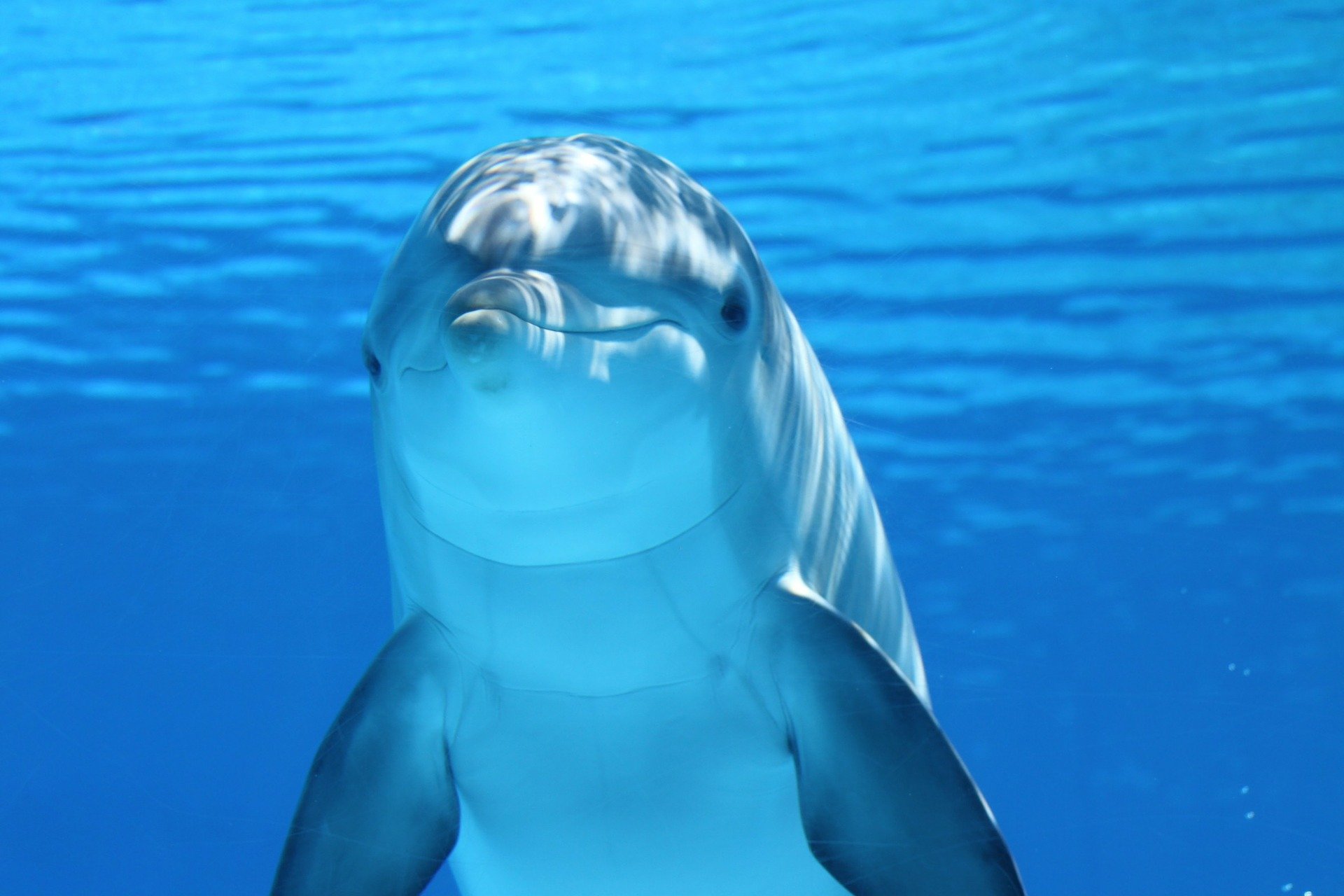News release
From:
Positive selection and gene duplications in tumour suppressor genes reveal clues about how cetaceans resist cancer
Cetaceans are the longest-lived mammals and cancer-resistant species. They have developed mechanisms against cancer, although the underlying molecular bases of these remain unknown. We investigated the role of natural selection in the evolution of 1077 tumour suppressor genes (TSGs) in cetaceans. We found a signal of positive selection in important regulators of DNA-damage, tumour dissemination, and immune system. The turnover rate was almost 2.4-fold higher in cetaceans as compared to other mammals. Additionally, we report 71 genes with duplications, of which 11 genes are linked to longevity. This study provides novel insights into the genetic basis of disease resistance.
Cancer resisting cetacean - Cetaceans - whales, dolphins and porpoises - are the longest-lived mammals and cancer-resistant species. This study found cetaceans gained and lost genes related to tumor suppression at a rate 2.4 times higher than other mammals, with signs of positive genetic selection in genes regulating DNA-damage, tumour dissemination, and the immune system. It also identified duplication of 11 genes linked to longevity.



 International
International



